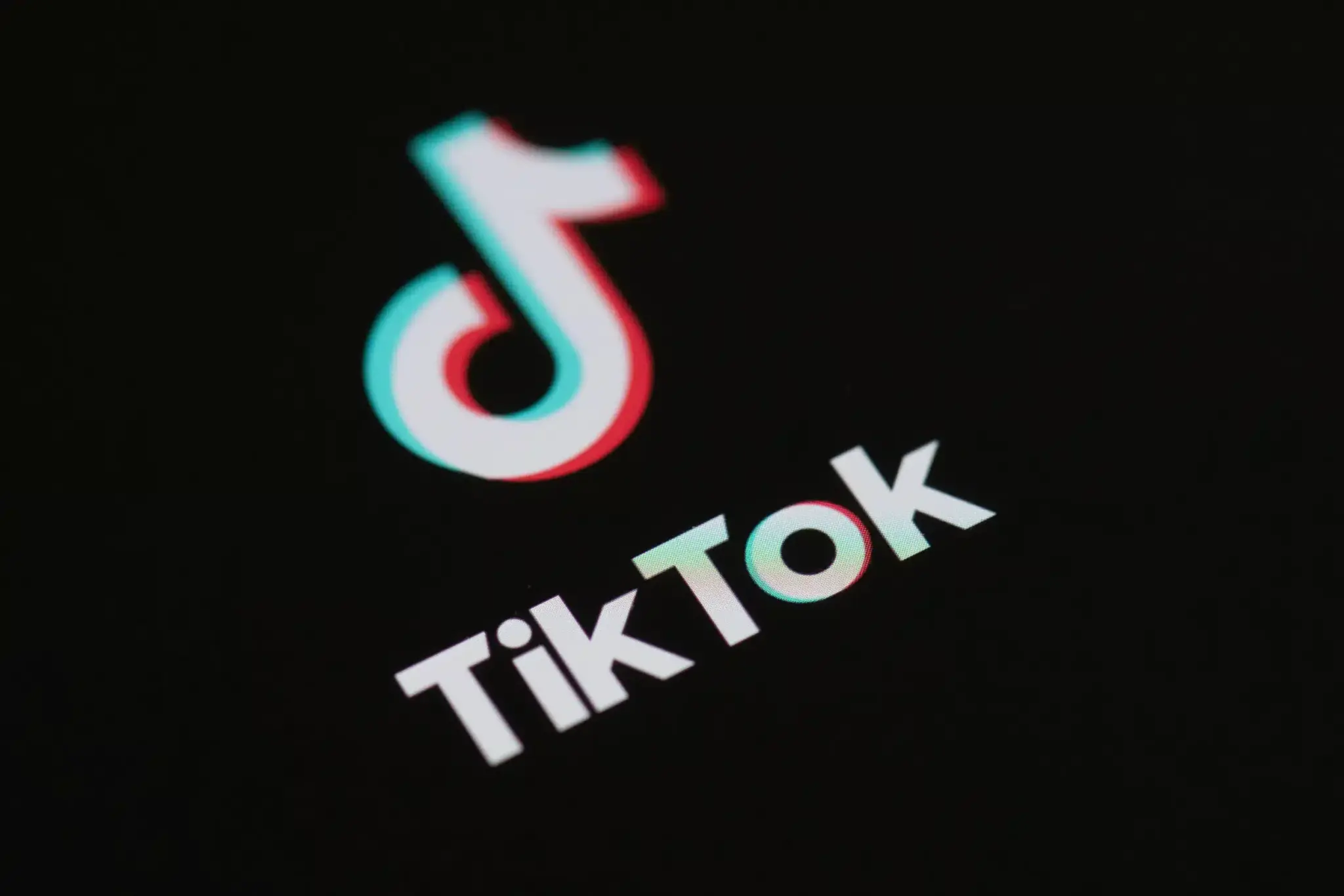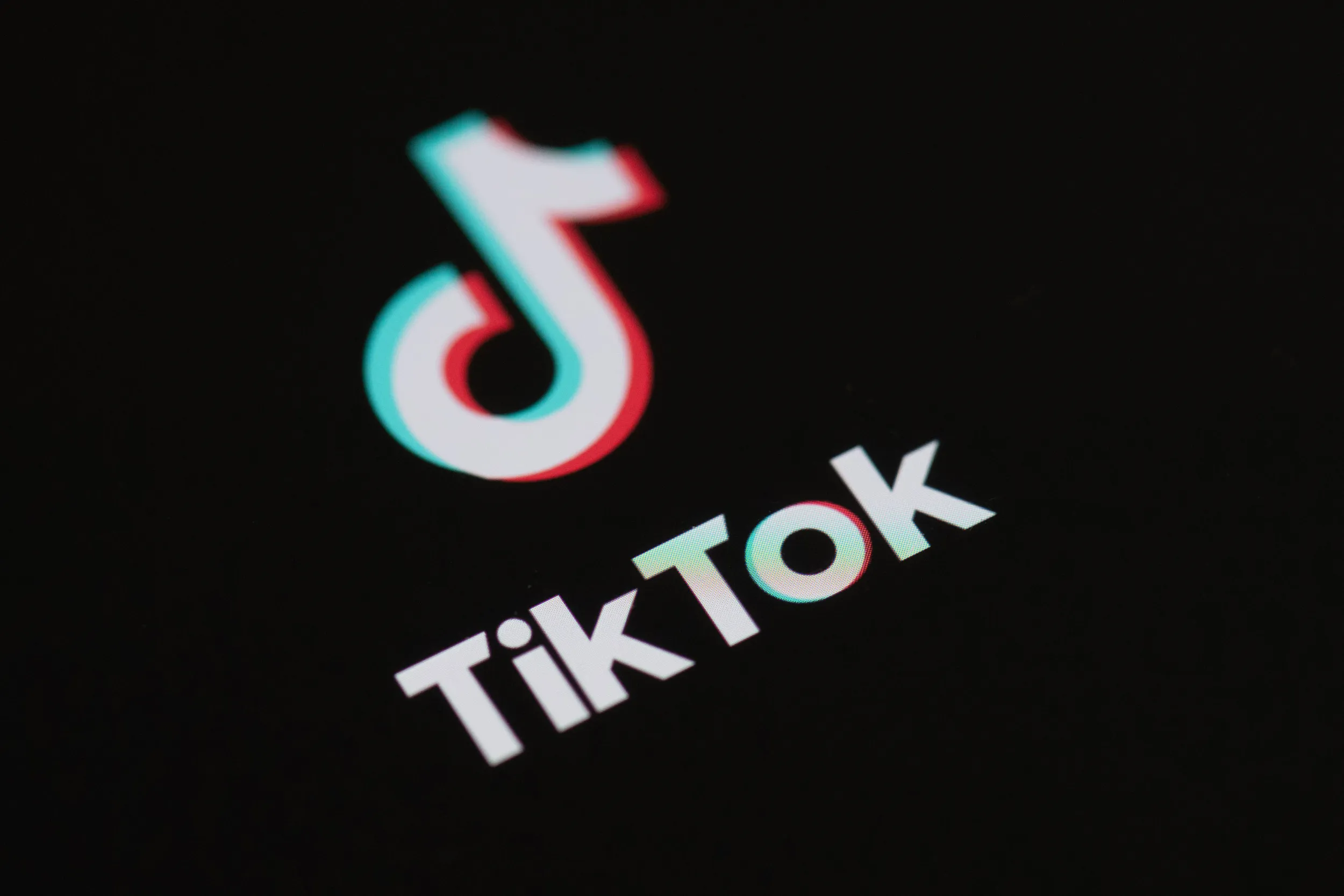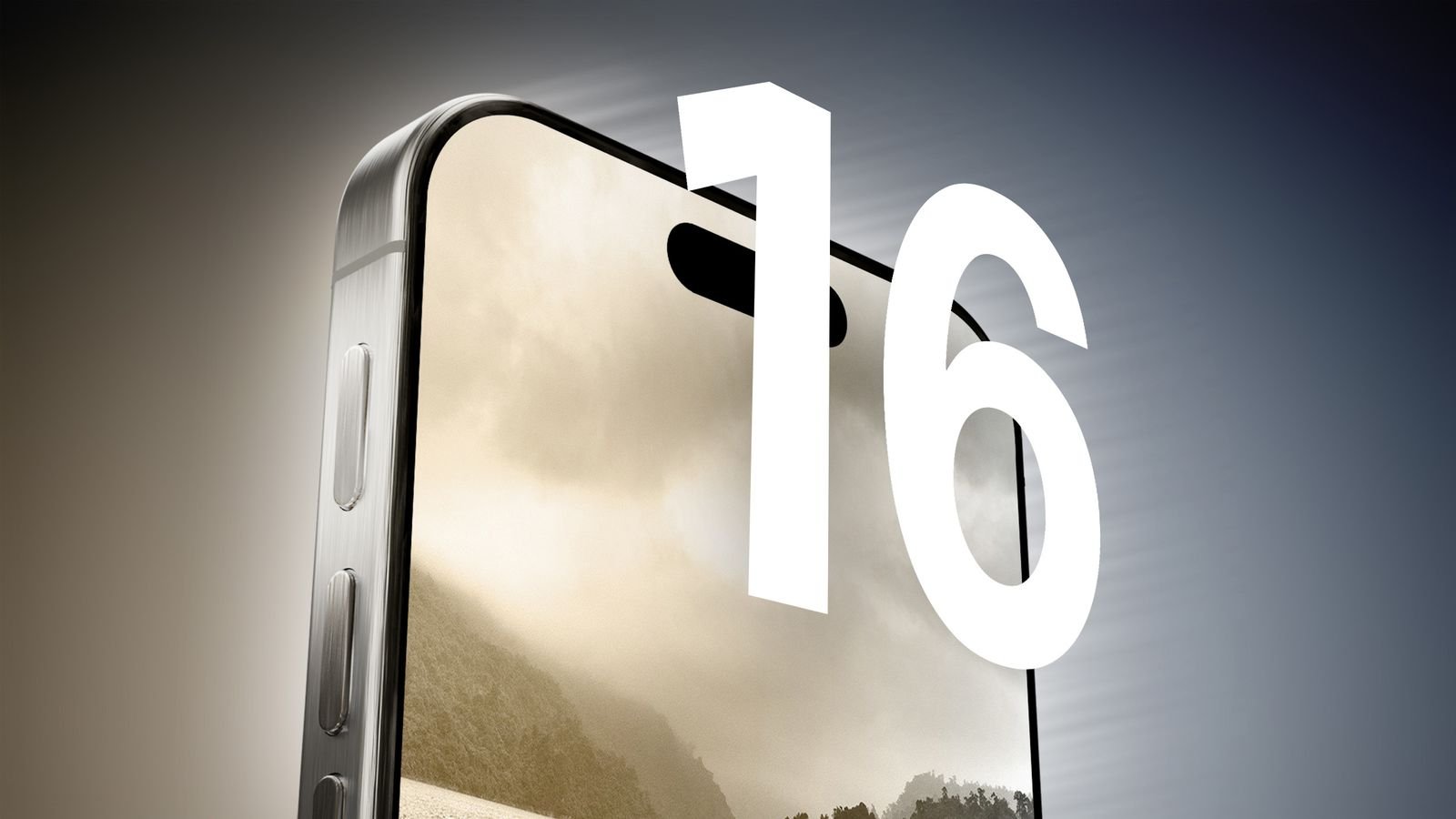The United States inches closer to imposing a total ban on TikTok, the popular social media platform, after a decisive vote by a House committee. This legislative action is part of a broader effort to address concerns over data privacy and national security related to China.
Key Highlights
- Legislative Fast-Tracking: The Deterring America’s Technological Adversaries Act was rapidly advanced, reflecting urgency among lawmakers to address TikTok’s potential data privacy issues.
- Broad Powers: The bill grants the president authority to impose sanctions or bans on companies like TikTok if they are found transferring sensitive data to foreign entities under China’s influence.
- Bipartisan Debate: While Republicans emphasize the national security risks, Democrats warn of the bill’s potential to harm free speech, international business, and relations.
- TikTok’s Response: The platform has called the legislation rushed and detrimental to free speech, highlighting efforts to secure US user data and comply with US laws.
- The House Foreign Affairs Committee approved the DATA Act, potentially empowering President Biden to ban TikTok.
- The legislation targets companies transferring sensitive data to entities influenced by China.
- Critics argue the bill is overly broad, threatening free speech and harming international business relations.
- TikTok urges the Biden administration to finalize a national security deal to address concerns.
Understanding the Legislative Push
The proposed legislation, known as the Deterring America’s Technological Adversaries Act, seeks to address concerns over TikTok’s data handling practices and its potential to be exploited by the Chinese government. This move is part of a broader trend of scrutinizing technology companies over data privacy and national security threats.
Opposition and Concerns
The bill has sparked a heated debate over its implications for free speech and the broader economic impacts. Critics argue that the legislation’s broad scope could inadvertently affect not just TikTok but also a wide range of online communications and international business operations.
Legal and Regulatory Challenges
The legislative process to ban TikTok faces several legal and regulatory hurdles. Critics of the proposed ban argue that it could infringe on free speech rights and set a concerning precedent for government intervention in the digital content and communication spaces. Moreover, the debate has highlighted the need for comprehensive data privacy and security legislation that addresses the broader issues of digital surveillance and data protection, beyond the specific case of TikTok.
Public Opinion and Reaction
Public opinion on the TikTok ban is divided, with some users and privacy advocates expressing concerns over data security, while others argue for the platform’s value in fostering creativity and community. The public’s reaction to the proposed ban, including how TikTok users, creators, and the general populace mobilize and voice their opinions, will be crucial in shaping the outcome of this legislative effort.
The Path Forward
As the bill moves through the legislative process, its potential impact on TikTok’s future in the US remains uncertain. Both supporters and opponents of the ban are closely watching the developments, with TikTok advocating for a security agreement that addresses the concerns without resorting to a ban.
The discussion around TikTok’s potential ban in the US encapsulates the broader tensions between ensuring national security and preserving the open, innovative spirit that defines the internet. As this debate continues, it highlights the challenging balance policymakers must strike in an increasingly digital and interconnected world. With TikTok’s fate hanging in the balance, the outcome of this legislative effort will likely set a precedent for how the US navigates the complex intersection of technology, privacy, and national security in the future.































